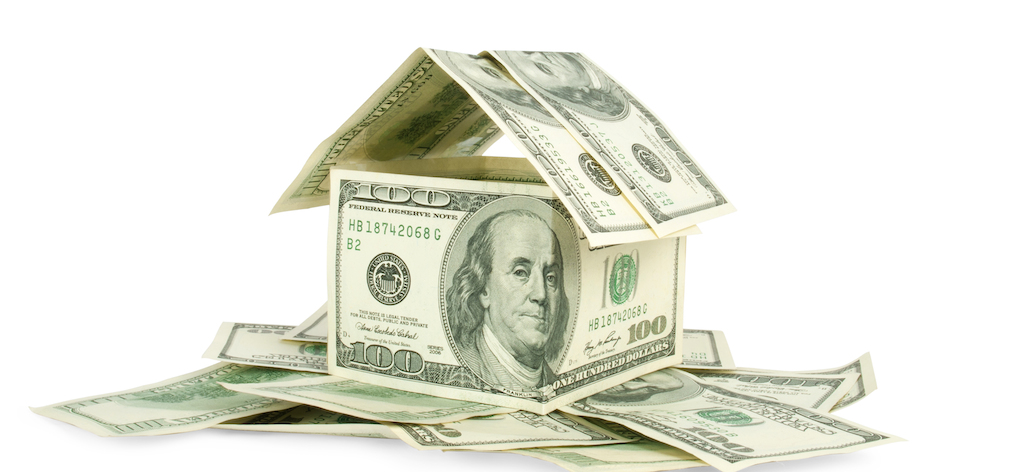While last year saw the strongest pace of home sales in a decade, it saw a considerable drop in activity from vacation buyers, according to an annual second-home survey released by the National Association of Realtors.
However, the activity from individual investors increased and vacation and investment buyers alike were more likely to take out a mortgage and use their property as a short-term rental in 2016.
NAR’s 2017 Investment and Vacation Home Buyers Survey, which covers existing and new-home transactions in 2016, showed vacation home purchases decreased in 2016 to an estimated 721,000. This is a drop of 21.6% from the year before, and the lowest point since 2013.
Contrarily, investment-home sales increased 4.5% in 2016 to 1.14 million, up from 1.09 million in 2015. Owner-occupied purchases increased 12.5% to 4.21 million last year, up from 3.74 million the year before to the highest point since 2006.
“In several markets in the South and West – the two most popular destinations for vacation buyers – home prices have soared in recent years because substantial buyer demand from strong job growth continues to outstrip the supply of homes for sale,” NAR Chief Economist Lawrence Yun said. “With fewer bargain-priced properties to choose from and a growing number of traditional buyers, finding a home for vacation purposes became more difficult and less affordable last year.”
“The volatility seen in the financial markets in late 2015 through the early part of last year also put a dent in sales as some affluent households with money in stocks likely refrained from buying or delayed plans until after the election,” Yun said.
Low levels of inventory pushed median home prices for vacation and investment properties to levels not seen in a decade. The median vacation home price increased 4.2% annually to $200,000, the highest level since 2006. The median investment-home sales price increased 8% annually to $155,000, the highest level since 2005.
And as home prices rose, the share of second-home buyers who paid in cash diminished. The share of vacation buyers who paid cash dropped 10 percentage points annually to 28% while cash purchases by investors dropped four percentage points to 35%.
“Sales to individual investors reached their highest level since 2012 as investors took advantage of record low mortgage rates and recognized the sizeable demand for renting in their market as renters struggle to become homeowners,” Yun said. “The ability to generate rental income or remodel a home to put back on a market with tight inventory is giving investors increased confidence in their ability to see strong returns in their home purchase.”
Vacation sales accounted for 12% of all transactions in 2016, down from 16% the year before and the lowest share since 2012. The share of investment sales remained unchanged for the third consecutive year at 19% and owner-occupied purchases increased to 70%.





